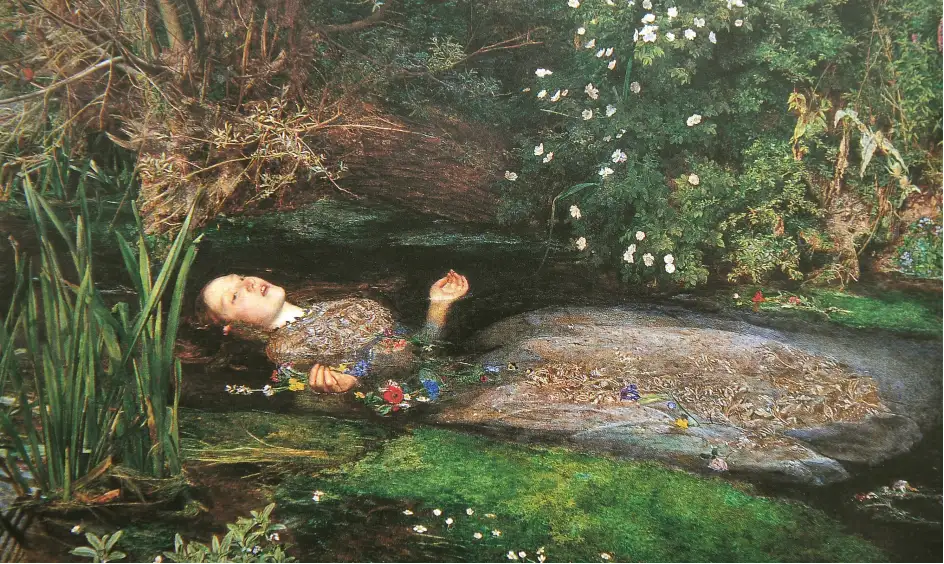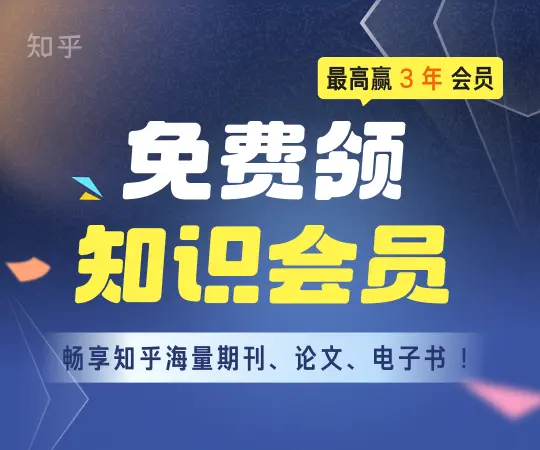Are the students from Tsinghua University and Peking University all confident?
I have a friend who, although graduated from T University with a bachelor's degree, has always been very insecure.
Her high school grades were not particularly good, but she had a trait of always performing exceptionally well during major exams. The same was true for the middle school exam; with her level, it was impossible for her to get into the best high school in Nanjing.
In her time, filling out college applications was done before the college entrance exam scores were released, which was like blind guessing. Therefore, those who got into Tsinghua or Peking University weren't necessarily the top scorers; many people ended up at universities like Fudan or Nanjing because they played it safe.
On one hand, it's the fearlessness of the ignorant; on the other hand, because of love, she filled her first choice with T University to stay consistent with her boyfriend.
As a result, the boyfriend, feeling that he did not perform well in the college entrance exam, changed his 志愿 temporarily on his own and went to Harbin Institute of Technology.
(Note: "志愿" is a Chinese term that means "volunteer" or "application choice" in the context of college admissions, but it's kept in Chinese as it's a specific term that might not have a direct equivalent in English.)
However, for a more natural English translation, it would be:
As a result, the boyfriend, feeling that he did not perform well in the college entrance exam, changed his application choice temporarily on his own and went to Harbin Institute of Technology.
She was admitted to T University's School of Environment, but later her family helped her change her major to the Department of Computer Science.
At T University, she had an extremely unpleasant undergraduate experience. Her boyfriend couldn't maintain their long-distance relationship and they soon broke up.
Originally, she was confident in her slow-burning and late-developing advantages, as she had always performed exceptionally well, just above the admission line, in her primary school to junior high school and high school entrance exams, and eventually caught up. However, at T University, she found that her true level was really far behind others; she couldn't understand many courses and often stayed up until midnight, unable to even complete her assignments.
At T University, she felt that life was so unfair, why could some people have so many good things at the same time. Some people were not only born into privilege, with parents being top scholars, but they themselves were also academically excellent, talented in music, good-looking, and even excelled in sports. And she couldn’t do anything well, even getting scolded by the PE teacher for being tall but useless. In short, no matter how hard she tried, she couldn’t catch up to them.
In her four years at university, while others were striving for scholarships, preparing for the TOEFL, or were early on noticed by professors to join research groups, she was struggling on the path of working hard to avoid failing courses and, if she did fail, working hard to pass the makeup exams.
A word can describe her entire undergraduate life: running on empty
There is often a 冲动 to die at university, during the most depressed times, even wanting to jump into 未名湖. Perhaps it's the romanticism in my bones, wanting to emulate Mrs. Woolf, filling my pockets with stones and then sinking into the lake. Or like Ophelia, floating on a stream and singing as I leave the world. As for why it has to be 未名湖, isn't the lotus pond also beautiful? Of course not, I can't tarnish my alma mater.

John Everett Millais' "Ophelia," modelled by Elizabeth Siddal, the wife of Rossetti
Senior year, the counselor came to her and said: There's a university next door with a guaranteed graduate school spot. Although it's not great now, it's still a 211 university, and it has had its glory days. The foundation is still solid. If you don't mind..
She immediately agreed (at that time, there was no such thing as 985, but even if there was, it would be the same, as she couldn't go to the neighboring one, and the others were all the same, weren't they?)
As a result, I left the tiger's den only to enter the wolf's lair. The boss started a company with no interest in research, spending all day drinking and socializing to secure projects.
The boss especially likes to bring her out for social engagements, introducing her with a proud look: "This is my graduate student, she did her undergraduate studies at T University."
I didn't learn anything during my graduate studies, except for socializing and drinking.
When looking for a job, everything went smoothly, and the company regarded her educational background as a precious treasure. They have high hopes for her to help elevate the academic evaluation to a higher level.
And she is very insecure, always fearing that people will see through her true abilities during her many years of work, using all kinds of lies to cover herself up.
She gradually started living a life like her boss, constantly networking to secure projects and earning extra income as a judge. With the slowdown in economic development, funding for universities began to tighten, and project approvals became increasingly strict. Her subordinates, who became well aware of her true capabilities over time, started to be uncooperative and throw down the gauntlet. The unit's evaluation requirements kept getting higher, her stress levels increased, her sense of happiness diminished, and anxiety and depression became the norm in her life. Outsiders saw her as successful, but only she knew how precarious her life was.
Finally, one day, her son was diagnosed with autism, and she unhesitatingly resigned from all her administrative positions to become an ordinary teacher. Friends, colleagues, and relatives felt sorry for her, saying: You have sacrificed your personal development for your child.
She smiled and remained silent. Others thought she was giving a bitter smile.
In fact, at that moment, she felt a long-awaited sense of relief, finally able to escape from that damned major.
She applied for a year's leave to take her child for intervention and to study philosophy, hoping to transfer to philosophy classes later.
The leader said: I can understand, encountering such a big event, it's good that you turned to philosophy for help. I was particularly worried that you might turn to religion or other mystic fields.
While studying Western classical philosophy, she was exposed to a lot of Western culture, history, archaeology, religion, art, politics, military, architecture, literature, and so on, and found that she wasn't as stupid as she thought. In conversations with others, she discovered that much of what she considered common knowledge was not known by many people.
Gradually, she found herself not only not stupid, but also quite smart. Due to studying ancient Roman history, she had to learn some Latin, and later saw someone on Zhihu asking about the meaning of the Latin inscription on the Arch of Titus. She sent a private message to inform the person of the answer. The other party called her a master, which left her pleasantly surprised.
As the research progressed, she gradually entered a new circle and made many friends. They all praised her for learning quickly and having a strong ability to understand. She tried to tell them about the setbacks she had encountered in her studies over the years, as well as her feelings of inferiority, anxiety, and depression. They found it particularly hard to believe and said: If you're not good at computers, you can change direction.
She: But it's not just that I'm not good at computers; I don't even know what I'm good at. It seems like I'm not good at anything.
Friend: You have patience; you can focus on something as dry as philosophy for so long. Also, you read literature particularly quickly. You said that the ancient Greek play you sent me was very simple, and you only spent two hours reading it, while it took me two weeks to finish. Moreover, you write papers very quickly, and you can remember those foreigners' complicated names. You can quickly discover the patterns in those names, these are all your strengths.
Her: Eh? Don't you know how to do these? As long as you are willing to spend a bit of time, you can see the pattern at a glance.
Friend: No, most people don't have this trait.
She cried, from that moment on, she finally realized that she also had strengths and things she was good at.
This is a story of a friend of mine.
Edited on 2024-11-14 16:53・IP Location: Jiangsu
More answers
Here's a quote from our high school homeroom teacher (undergraduate from Tsinghua University's Department of Automation):
Arrived at Tsinghua (Peking University)
You need a long time to realize that you are an ordinary person
It will take a long time to realize that one is not a fool
我给你描述一下一个中等的清北学生的感受:
在进校之前,你是很自信的。平时就是全高中的焦点,又刚刚在高考中脱颖而出,你没有理由不自信。这种心情在你入校报到之前达到高峰。
报道分寝室。进了寝室和室友们聊了聊,发现睡在你旁边的兄弟是省状元,你的另一个室友是学科竞赛国一保送的。隔壁还有一个国际奥赛金牌。
过了两天英语分班考试,要分出三个等级,以后英语课的教学速度不一样。你一向对自己的英语水平很自豪,却只分到了B班,从成绩看,甚至离C班都不太远了。
开始上课了。人生中的第一次,你发现老师们讲的很大一部分内容听不懂。即使加了预习和复习,仍然有一些内容接受起来很吃力。在课下你想去听听大佬们的讨论,结果发现他们的讨论你也听不懂。
你很郁闷,想去社团活动换换心情。你下围棋/中国象棋/国际象棋很不错,于是去找到了相应的社团。结果发现里面一大票职业半职业棋手,自己那两下子只有被屠的份。
就这样过了一个学期。你发现自己就是个小透明。成绩不好也不坏,各门课都及格了,可是和第一集团的分数差着十万八千里。其他方面也是乏善可陈。简单来讲,你没有发现自己有任何一个方面值得称道。
如果这样你还能很自信,那你真是天赋异禀。




